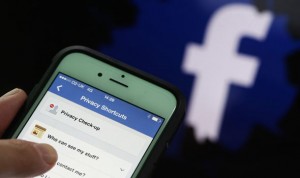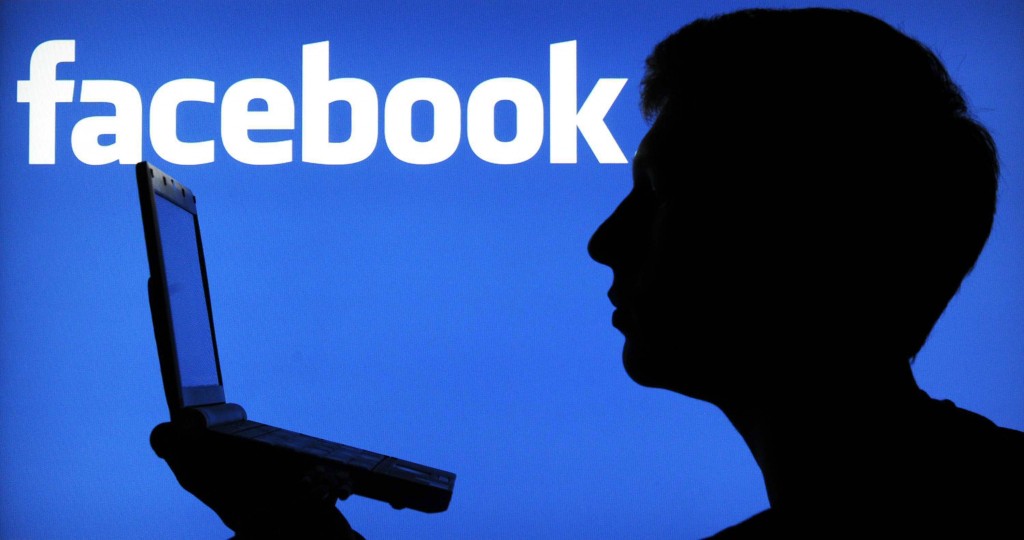
Too late for the U.S. presidential election, Facebook is going after 30,000 phony accounts used to distribute fake news in France, ahead of the national vote there.
The company is using automated methods to help screen out the fakes, such as finding content repeated on hundreds of the phony sites. Facebook said in a statement Friday that it’s taking “decisive action” against the accounts, presumably shutting them down.
“While these most recent improvements will not result in the removal of every fake account, we are dedicated to continually improving our effectiveness,” Facebook technical program manager Shabnam Shaik wrote in a post.
The company is relying on “improvements to recognize these inauthentic accounts more easily by identifying patterns of activity without assessing the content itself,” Shaik added. Facebook hopes to “reduce the spread of material generated through inauthentic activity, including spam, misinformation, or other deceptive content that is often shared by creators of fake accounts.”
The company is running full-page ads in several French newspapers with tips on how to spot fake news, reports Tech Crunch. The ads urge readers to carefully check the URL, date, photos, and facts in an article to decide whether it can be trusted.
Facebook is a key element in any effective fake-news strategy. Phony Facebook sites can amplify concocted stories a thousand-fold as they are repeated by people across a nation or the world. Readers or search engines then mistakenly judge the fake stories as real and important based on the number of people sharing them.
Both Germany and France are taking extra precautions after the proliferation of fake news during the U.S. election, some of which intelligence agencies claim was orchestrated by the Kremlin.
Facebook conceded it was partly responsible for the spread of fake news during the U.S. election. Heavily promoted fake articles claiming that Hilary Clinton sold weapons to ISIS became more popular than stories about the final days of the campaign.

